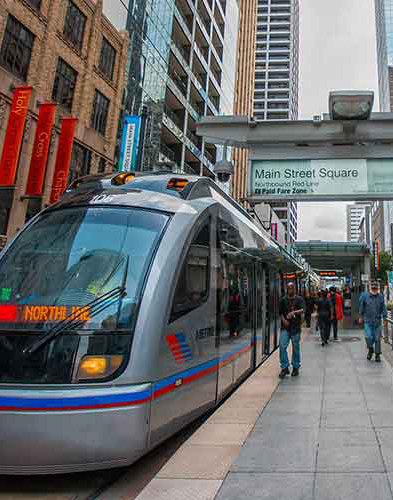TAG HOUSTON
Legislative Priorities
86th Session
TAG embraces its core mission with advocacy for all current and new funding policies that can sustainably fund infrastructure now and in the future. While our main focus has been State funding, we are working to enhance our local and federal agendas as well. Below is our 2019 Texas State legislative agenda which includes all of our top legislative priorities and goals moving forward.

2019 Legislative Agenda
The Houston region is a rapidly expanding, internationally competitive market of 6.7 million people, projected to reach over 11 million by 2040. Spanning an area larger than five states, we are experiencing the impact of a region taking on more than its current transportation system can handle. Dramatic increases in daily commute times and movement of goods across the region is costing the average commuter $1,490 and 61 hours a year in traffic delays.
Legislative Goal
We advocate for full funding of all Texas’ transportation needs, but we understand there are many political and fiscal constraints. Therefore, TAG’s goal is to offer our leaders a menu of funding and policy options to provide a foundation for sustainable and long-term solutions to our state and region’s transportation crisis. Propositions 1 & 7 have provided our state with a great start towards enhancing the connectivity of our roads, highways and bridges. However, we must also provide funding for modes beyond roads — our state and region must be leaders in multi-modal mobility if we are to remain nationally and globally competitive.
Top Policy Recommendations
Raise The Cap
TAG supports raising the current sales tax cap by 1 cent to then be used for multimodal transportation projects that would otherwise not be funded. Counties would have the opportunity to opt in to this increase and determine the best use of this revenue.
Electric Vehicle Equity Fee
As technology in transportation expands and innovative mobility solutions are introduced, the electric vehicle market continues to grow rapidly. With this growth, infrastructure investment must be balanced with these drivers contributing the same annually as their fellow traditionally fueled motorists. With this legislation, EV owners are asked to pay their fair share for the use of our infrastructure with the implementation of an annual $100 fee on electric vehicles.
Positions on Critical
Transportation Policies
Extend Proposition 1 and Proposition 7 expiration dates to provide for sustainable funding and planning. The Proposition 1 funding allocation is set to expire in 2025 and the Proposition 7 funding allocations are set to expire in 2029 & 2032.
Develop a specific formula for defining a sufficient balance for the Economic Stabilization Fund (ESF) in order to proceed with Proposition 1 funding transfers.
Keep tolling in the funding toolbox to provide TxDOT, county toll authorities, RMAs and other transportation agencies with alternative funding mechanisms including tolling, public private partnerships, etc. in order to accelerate project delivery.
Oppose any efforts to reduce anticipated funding from Propositions 1 or 7 and support payment of Proposition 12 debt service from general revenue.
Support a continued policy of non-diversion of revenue from the State Highway Fund.
Other Policy Considerations
The state of Texas requires all vehicles registered in the state to pay a state vehicle registration fee. Local regions could require an additional vehicle registration fee that would be collected and spent locally on transportation programs.
The vehicle registration fee in Texas was last increased in 1985 and has not been modified to reflect the funding demands Texas now faces. The average fee is $50 — a fee less than what residents in more than 40 other states are paying. Vehicle registrations fees directly connect users of the state’s transportation system with funding road improvements. TAG recommends the Legislature raising the vehicle registration fee by at least $50 and expanding the use for multimodal projects.
For years, Texas has funded transportation projects with revenue from gasoline taxes. But the gasoline tax has lost its value over the past decades with fuel-saving technology and altered driving habits. This has resulted in less revenue for infrastructure repairs and upgrades. The fuel tax should be indexed to inflation and increased so the value of the tax no longer diminishes with time.
TAG supports legislation that encourages TxDOT to enhance its congestion reduction commitment by planning and developing multi-modal corridors in urban areas through coordination with appropriate local and regional agencies.
TAG supports cooperative efforts by the Legislature, TxDOT and TTI to evaluate the magnitude of the statewide transportation funding gap over the next 10-25 years through an update to the 2030 Commission review or a comparable initiative.
TAG supports continuation of eminent domain authority and related tools to allow planning and development of new and/or expanded transportation corridors including high speed rail, commuter rail, freight rail and highways.
VMT fees are distance-based fees levied on a vehicle user for use of a roadway system. As opposed to tolls, which are facility specific and not necessarily levied strictly on a per-mile basis, these fees are based on the distance driven on a defined network of roadways. TAG supports Texas exploring and launching a pilot VMT program similar to Oregon’s program passed in 2013. TAG believes that our current fuel tax structure will not continue to provide a sustainable and reliable source of funding and supports exploring VMT options.





